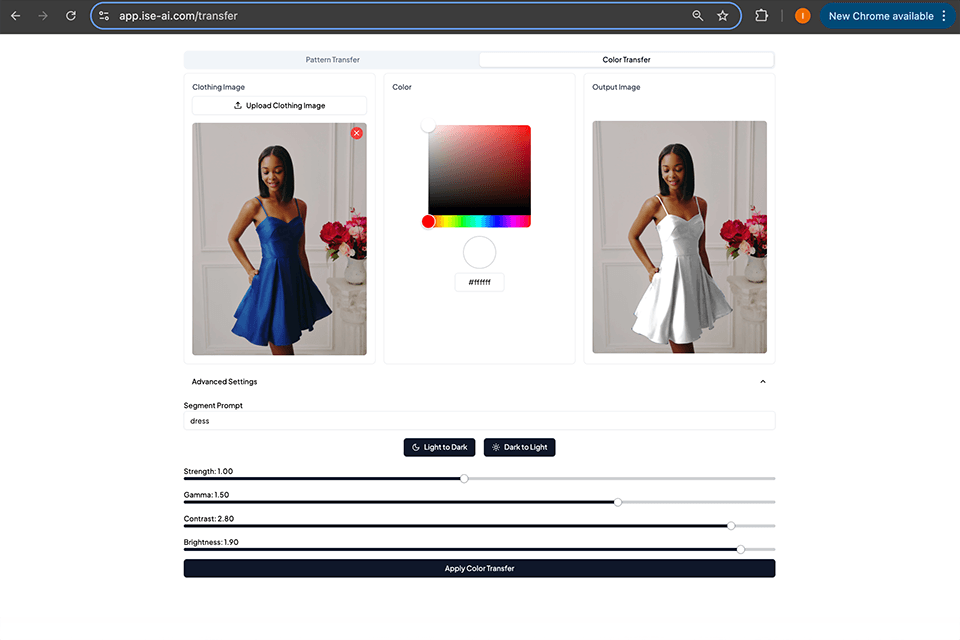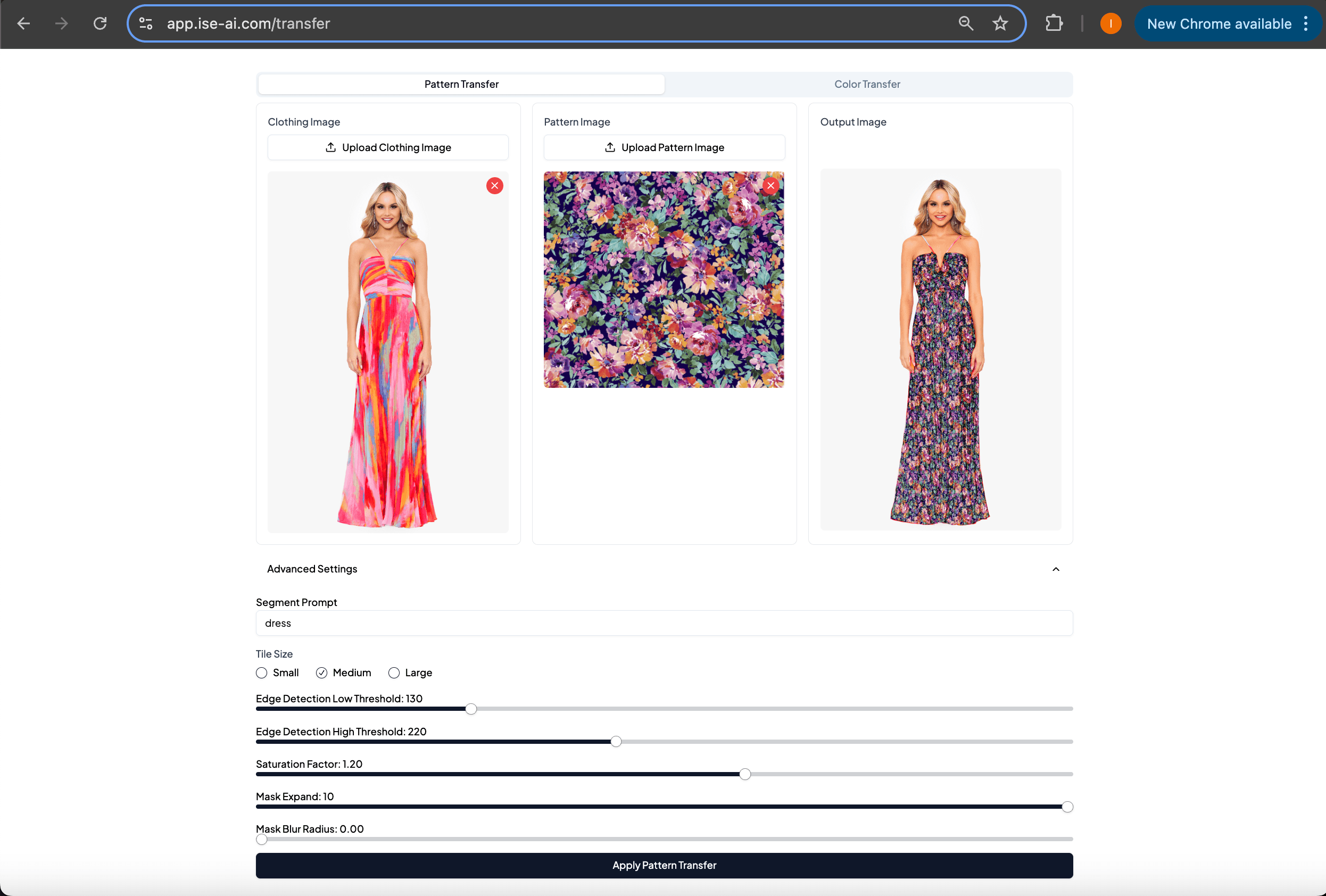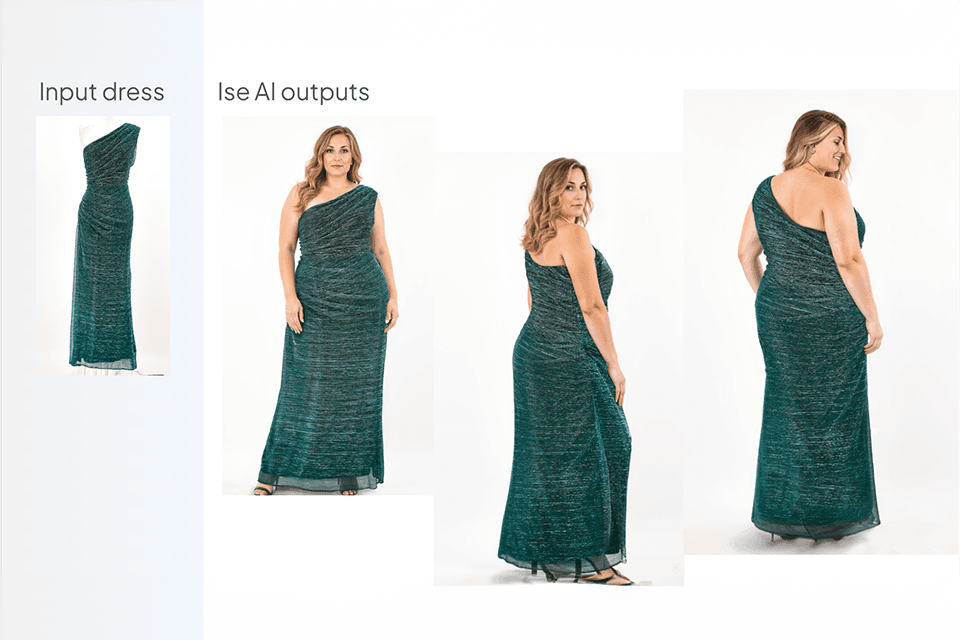Sell in vs sell through, and how to increase both for your brand

Sell in and sell through are crucial metrics for retail brands, each playing a distinct role in the overall success of a product. Understanding and optimizing both can significantly impact a brand's performance in the retail landscape. Here's an in-depth look at these concepts and innovative strategies to enhance them using cutting-edge AI technologies.
Understanding sell in vs sell through
Sell in: This refers to the process of selling products to retailers. It's the initial stage where brands convince retailers to stock their products.
Sell through: This metric measures how quickly products are sold to end consumers once they're in stores. It's a key indicator of a product's performance and consumer demand.
Strategies to increase sell in
Developing a trusting relationship with retail buyers is crucial for increasing sell in. This involves:
Understanding and personalizing to the retailer's specific needs and challenges
Providing timely and relevant product information and vendor imagery
Here are tactical ways to use technology for resolving retailer requests quickly:
Reduce turnaround time of vendor imagery from 2-4 weeks to 24 hours
Use an editorial-grade AI commerce photography app like Ise AI to generate high-quality product images quickly without sacrificing quality
Personalize vendor Imagery to each retailer
Protect premium retailers' pricing by creating unique imagery for each retailer
Customize your product visuals for the target demographics of different retailers

Rapid Visualization of New Designs
Utilize an AI tool to quickly visualize new prints and colors on bestselling design silhouettes
Assess retailer demand before committing to sampling or manufacturing
Reduce time-to-market and minimize inventory risks


Tactics to Boost Sell Through
1. Continuous Monitoring and Optimization
AI-Powered Inventory Analysis
Use AI to continuously monitor high-inventory and slow-moving items in real-time
Identify trends and patterns in sales data to inform restocking decisions
Dynamic Product Imagery Updates
Continuously update product images and ads based on current trends
Leverage AI to generate fresh visuals that align with evolving consumer preferences
2. Data-Driven Performance Insights
Scale Learning from Performance Data
Utilize AI to analyze vast amounts of sales and engagement data
Extract actionable insights to refine product offerings and marketing strategies
3. Personalization at Scale
Employ digital models to create personalized visuals for different customer segments, without breaking the bank. Include imagery of plus size models, a wide variety of skin tones, and different occasions that your customers may wear you products to.

Implementing AI Solutions for Retail Success
To effectively implement these AI-driven strategies:
Invest in the Right AI Tools: Choose platforms that offer comprehensive solutions for both sell in and sell through optimization. Ensure the platform is able to turn around unlimited content quickly without sacrificing on quality.
Train Teams on AI Usage: Ensure your team is proficient in using AI platforms to maximize their potential.
Integrate AI with Existing Systems: Seamlessly incorporate AI solutions into your current workflows and data management systems.
Maintain a Balance: While leveraging AI, maintain the human touch in relationships with retail buyers and customers.
Continuously Evaluate and Adapt: Regularly assess the sales impact of AI-driven strategies and be prepared to adjust tactics based on results.
By adopting these innovative approaches and leveraging AI technologies, retail brands can significantly enhance both their sell in and sell through metrics. This comprehensive strategy not only improves relationships with retailers but also ensures products resonate more effectively with end consumers, driving overall brand success in the competitive retail market.


